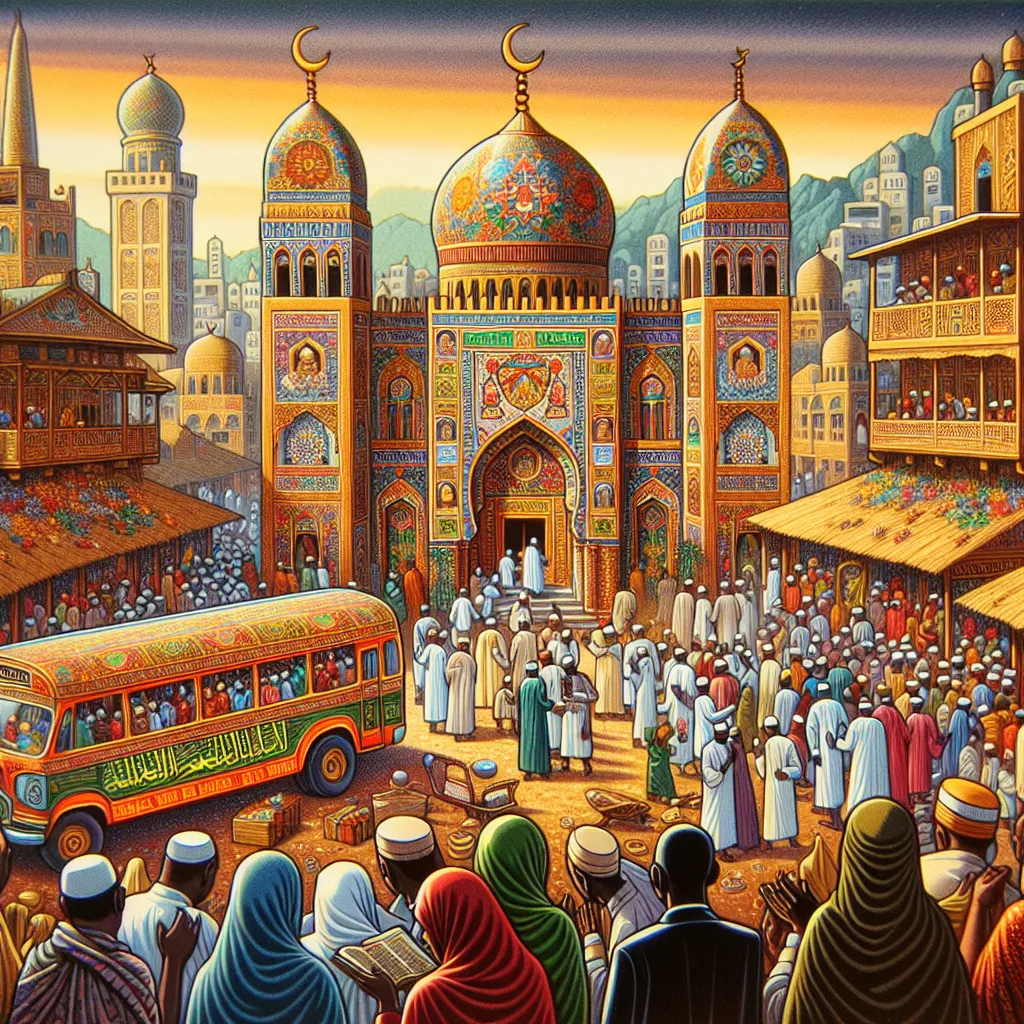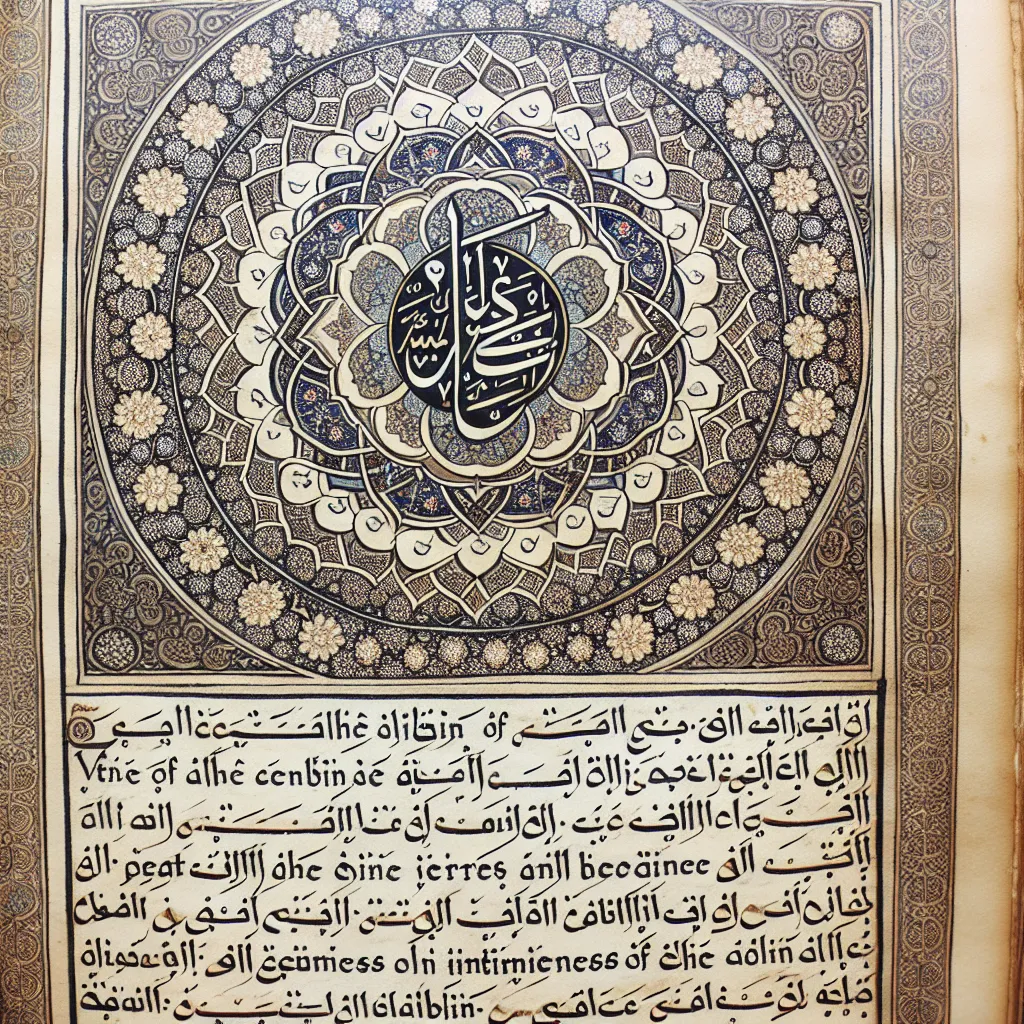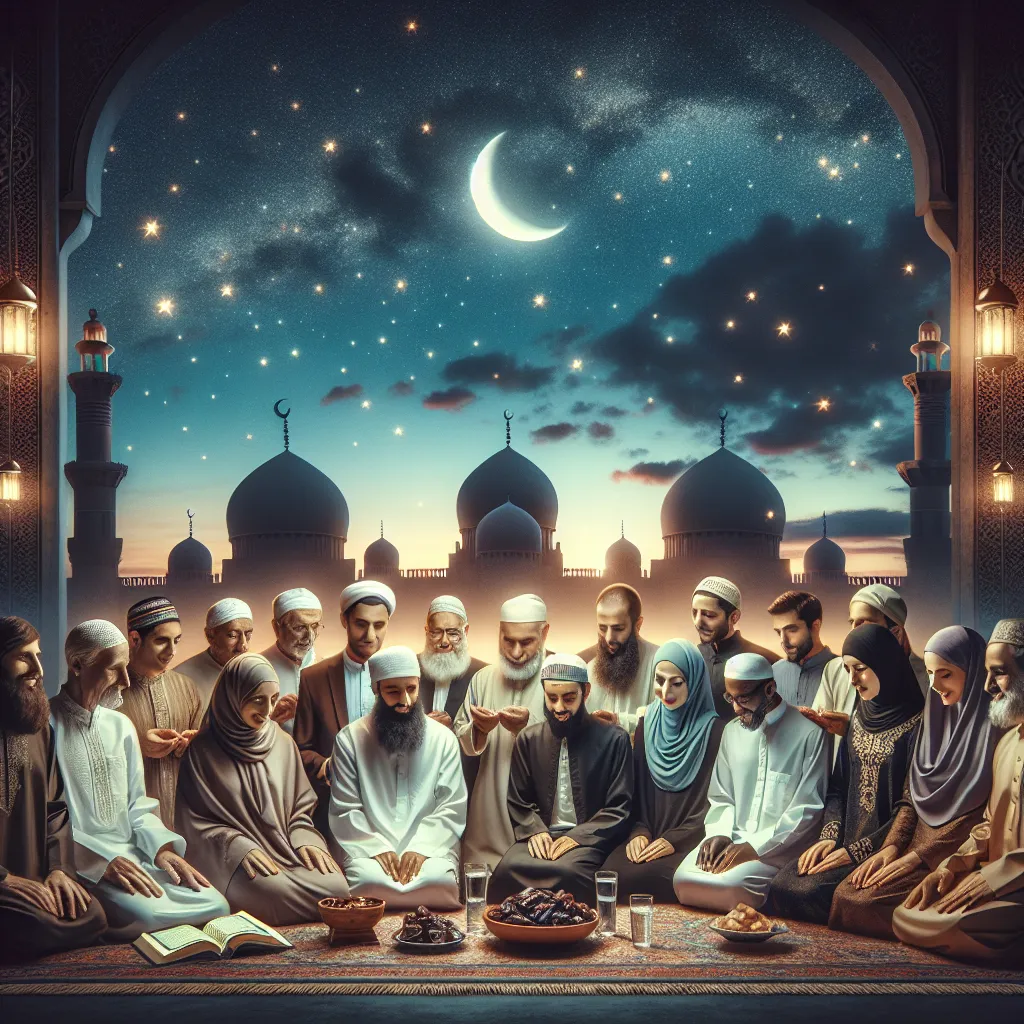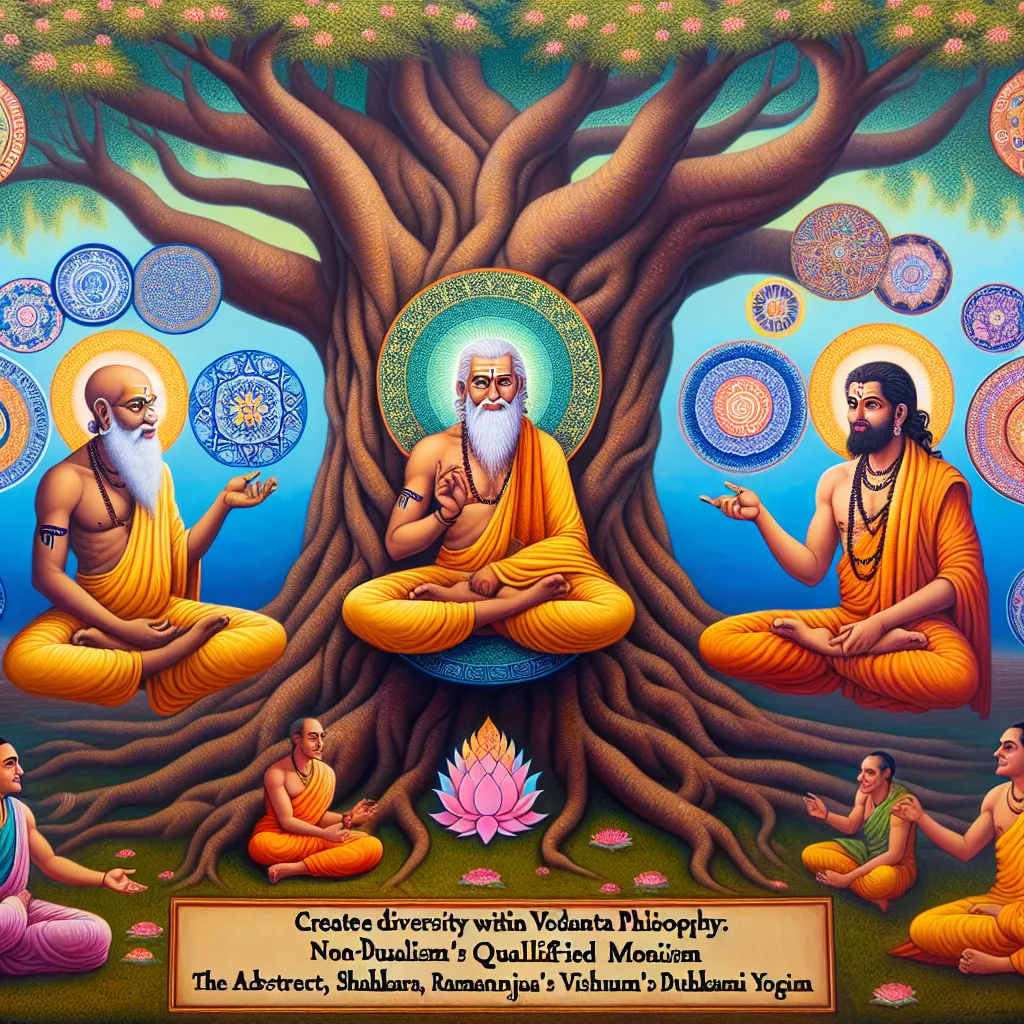Back in March 2018, I got the amazing chance to journey to West Africa, specifically Senegal and The Gambia. This trip was anchored in my studies of religions, particularly focusing on Sufism and the Tijani Sufi Brotherhood for my master’s thesis. Originally, I aimed to create a documentary on this topic, similar to my previous work on ancient Norse traditions. However, circumstances meant some planned interviews didn’t happen, but I still had valuable material to share.
The Tijani order, a Sufi Brotherhood or tariqa, dates back to the 18th and early 19th centuries, thanks to Ahmed Al-Tijani from Algeria. Over time, it gained significant followers in West Africa, especially in Senegal and The Gambia. In Senegal, a large portion of the population practices Sufism, with the Tijani order being the largest.
I had been studying this order locally in Stockholm, visiting their dhikr sessions—spiritual gatherings where they invoke God’s names regularly. This involvement led to an invitation to join a pilgrimage to a small village in Senegal called Boge, where followers from around the world gather yearly to meet their spiritual leader, Sheikh Abdul Rahman Ba.
Upon arriving in West Africa, I first spent time in The Gambia, a country encircled by Senegal. After exploring Serrekunda with my informants, we set off to Senegal by bus. This journey was part of a significant regional event, attracting numerous buses with followers, each adorned with images of their sheikhs and religious phrases.
Boge, though a small village, buzzes with life during the pilgrimage. Visitors are welcomed warmly, despite my obvious status as an outsider. The village has a grand mosque at its center, playing a crucial role in the community’s religious practices.
One of the pilgrimage’s main highlights is meeting Sheikh Abdul Rahman Ba in his home. His presence commands deep respect and devotion, akin to that of a rock star. During our brief audience with him, he emphasized the importance of seeking God rather than simply looking up to him personally.
Friday prayers are a significant event, with people spilling outside the mosque due to the crowds. The Sheikh, always surrounded by security, addresses the congregation, although through a spokesperson, which adds to his mystical aura.
Sufism, in general, includes practices like dhikr, which can vary in style across different orders. The Tijani dhikr has a melodic, almost sing-song quality to it, creating a deep spiritual atmosphere. Besides the religious activities, the village life during the pilgrimage is vibrant with social interactions, communal meals, and a sense of togetherness.
Charity is a central theme, with the Sheikh and the community frequently engaging in acts of giving, reinforcing the communal and inclusive spirit of the gathering. For many followers, this pilgrimage is a way to reconnect with their spiritual identity and reinforce communal bonds.
The peak of the pilgrimage occurs on Saturday, with prominent figures from society attending to reaffirm the connection between religion and governance. This relationship between politics and religion has historical roots, extending into present-day practices, showcasing how integral religious guidance remains in local politics.
The whole experience in Boge was eye-opening. It showed me a side of Islam infused with peace, kindness, and a deep sense of community—quite contrary to the often negative portrayal of the religion in the media. Engaging with these communities firsthand made it clear how vital personal interactions are in overcoming prejudice and misconceptions.
In conclusion, visiting Boge and participating in this pilgrimage was transformative. It reinforced the importance of understanding and respecting different cultures and religions through direct engagement. This approach can significantly contribute to dismantling bigotry and fostering a more inclusive, peaceful world.






